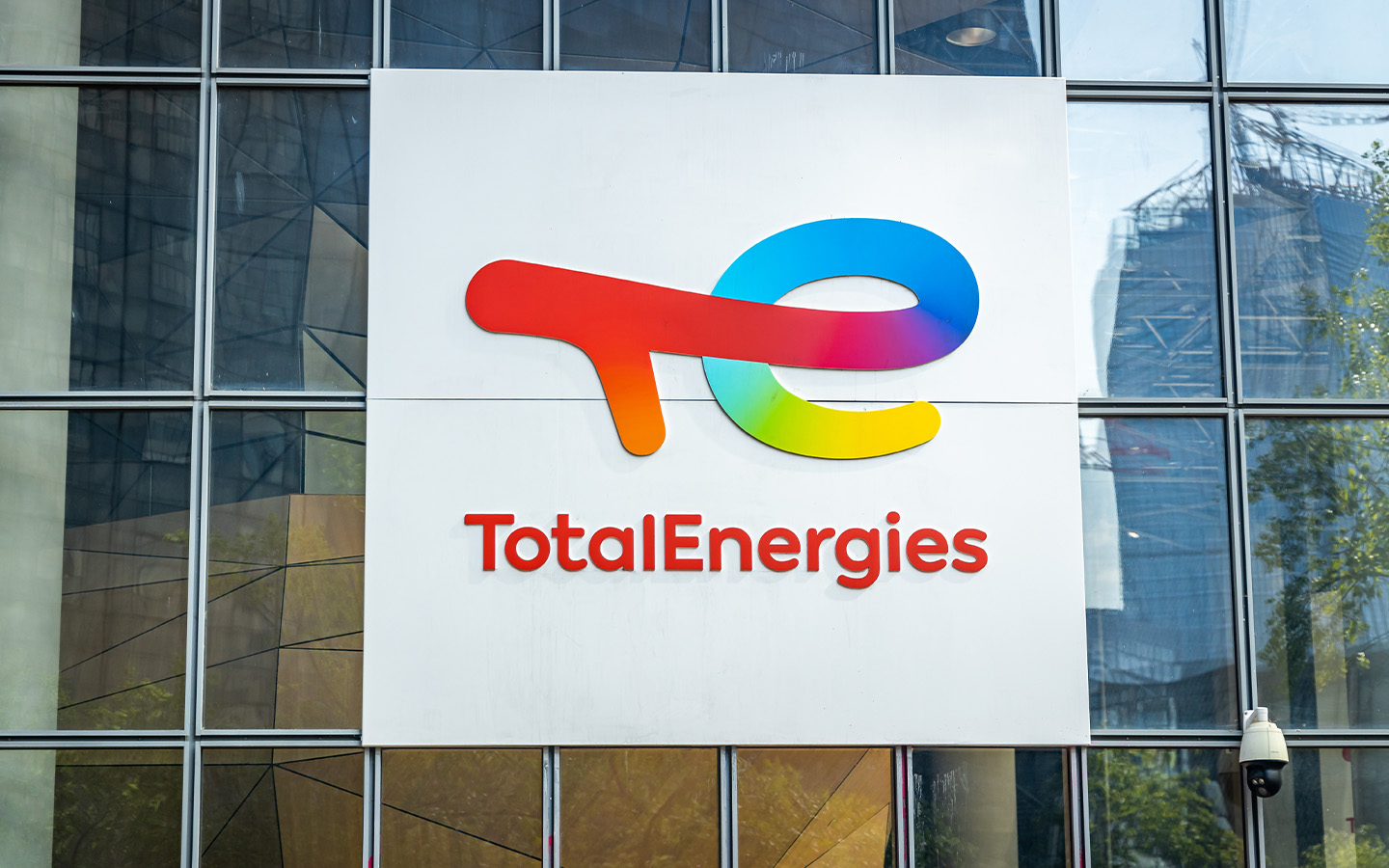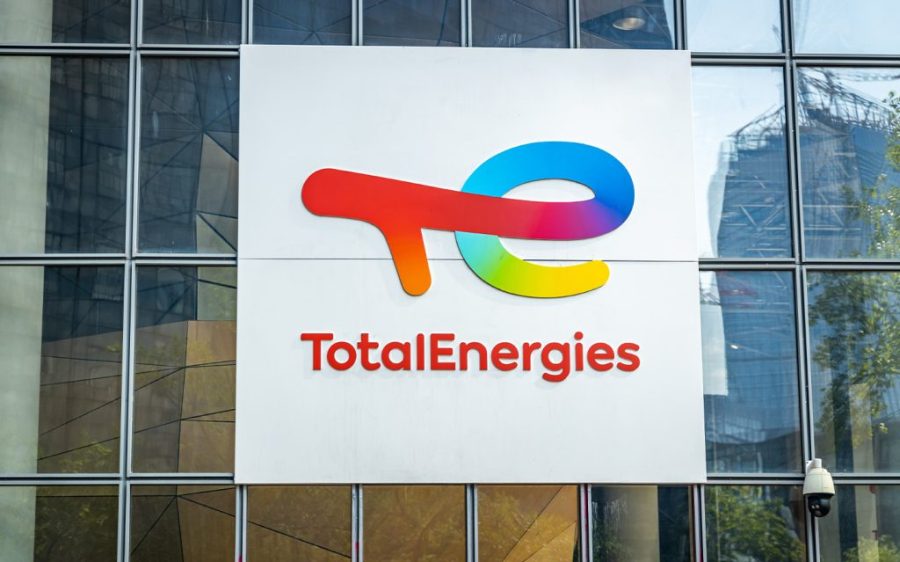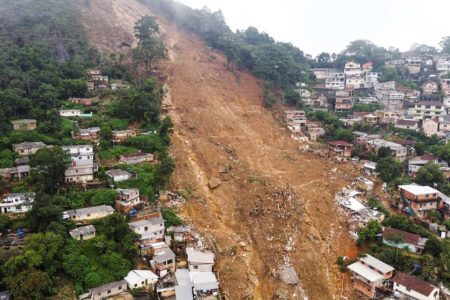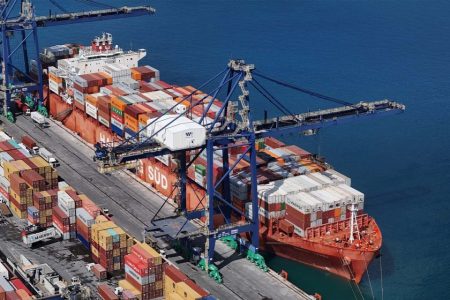More than four years after suspending its US$20 billion LNG project, French energy giant TotalEnergies prepares to resume work in Mozambique, reports the Mozambican news agency AIM.
TotalEnergies CEO Patrick Pouyanné has been touting a resumption of construction on the LNG megaproject for months. Back in May, he announced the company would seek approval from the Mozambican government to lift the force majeure declaration on the project so it could resume construction by mid-summer. “The security situation has improved,” Pouyanné told Reuters on the sidelines of the World Gas conference. “It will be up to the government of Mozambique to approve lifting of this force majeure.”
He made similar comments at the Japan Energy Summit in June, telling session attendees that TotalEnergies expects to resume development on the project “this summer.” Less than a week later, in an interview with Nikkei Asia, he said “Production will be by 2029.” Although on-site work was halted in 2021, “people continued with the engineering,” so “we should be able to meet” the 2029 target.
Pouyanné again stressed that he believes the security situation on the Afungi Peninsula in northern Mozambique, where the project is based, is stable now. He emphasised his confidence that TotalEnergies can “organise, welcome and accommodate all the workers which will be required for building this plant.”
TotalEnergies declared force majeure in April 2021, withdrawing all personnel from the Afungi site after suspending work on 27 March following an attack by Islamist militants. A group of around 500 militants descended on Palma, a town of some 75,000 people in Cabo Delgado Province, for a days’ long assault. While the Mozambican government put the death toll at just 30, investigative journalist Alex Perry and his team reached a very different figure after a five-month investigation on the ground.
[See more: US loans US$4.7 billion Mozambique LNG project described as a ‘carbon bomb’]
They found at least 1,193 people were killed or went missing (presumed dead) in the attack, with a further 209 abducted. Perry stressed the limits of even this count, noting it did not include injuries, combat deaths, those killed by security forces in the aftermath, or the deaths among TotalEnergies contractors.
Some survivors and families of the deceased sued the company in 2023, and French prosecutors opened an investigation this March, both centring on TotalEnergies’ failure to protect its workers or provide sufficient supplies for evacuations. TotalEnergies has denied any wrongdoing.
Within months of the attack, thousands of troops from Rwanda and southern African countries deployed to help Mozambique regain control of the province. The years’ long effort seemed to be largely successful last year, but 2025 has seen a renewed surge of violence in northern Mozambique. New areas have been targeted, abductions of children are on the rise and Rwandan troops have died, rare casualties of the now four-year-long campaign.
TotalEnergies has reportedly taken preliminary steps, including deploying resources to the project site, and President Daniel Chapo said earlier this week that his government and private companies will have to collectively ensure the necessary security is in place to enable the restart.
Part of that effort appears to be cutting off land access to the site, according to the project starter plan. Supplies, construction materials and personnel will arrive exclusively by air or sea, and the entire project site will be fenced off and monitored by CCTV. The extensive physical measures are meant to avoid the plant being surrounded by armed troops, something Pouyanné vehemently opposed.






